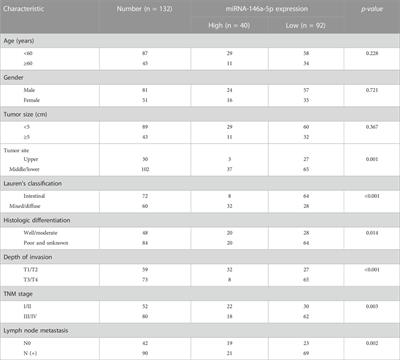EDITORIAL
Published on 07 Mar 2024
Editorial: New advancement in tumor microenvironment remodeling and cancer therapy
doi 10.3389/fcell.2024.1384567
- 1,153 views
- 1 citation
8,589
Total downloads
37k
Total views and downloads
You will be redirected to our submission process.
EDITORIAL
Published on 07 Mar 2024
REVIEW
Published on 08 Feb 2024
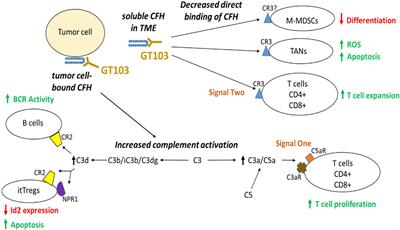
ORIGINAL RESEARCH
Published on 22 Dec 2023
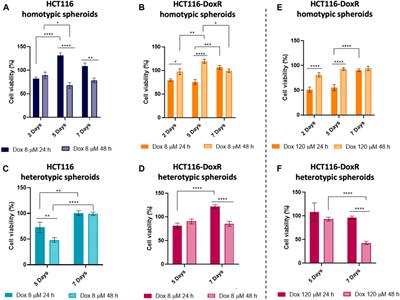
ORIGINAL RESEARCH
Published on 30 Nov 2023
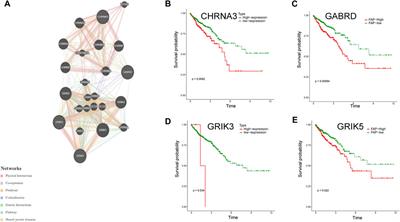
ORIGINAL RESEARCH
Published on 31 Oct 2023
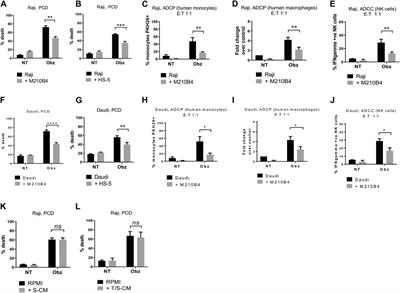
MINI REVIEW
Published on 31 Oct 2023
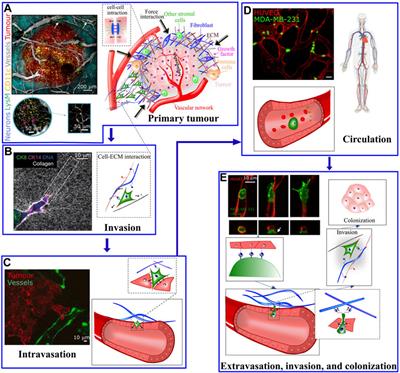
REVIEW
Published on 25 Oct 2023
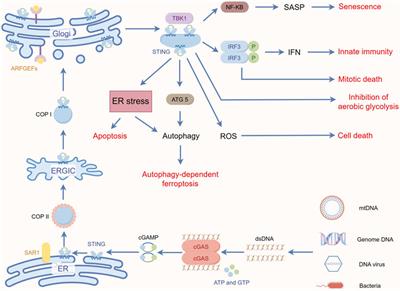
ORIGINAL RESEARCH
Published on 28 Sep 2023
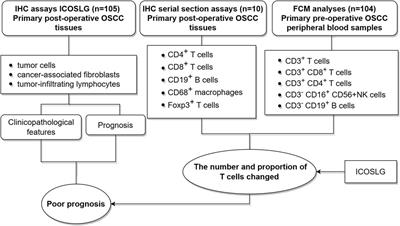
ORIGINAL RESEARCH
Published on 12 Jun 2023
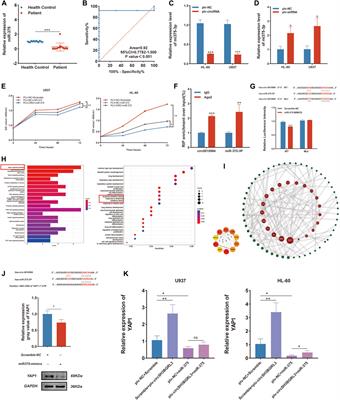
ORIGINAL RESEARCH
Published on 12 Jun 2023
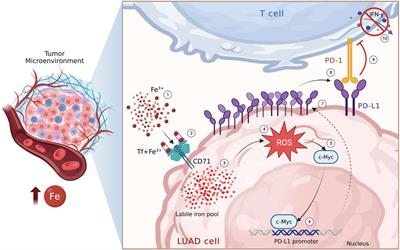
ORIGINAL RESEARCH
Published on 25 May 2023

ORIGINAL RESEARCH
Published on 18 May 2023
